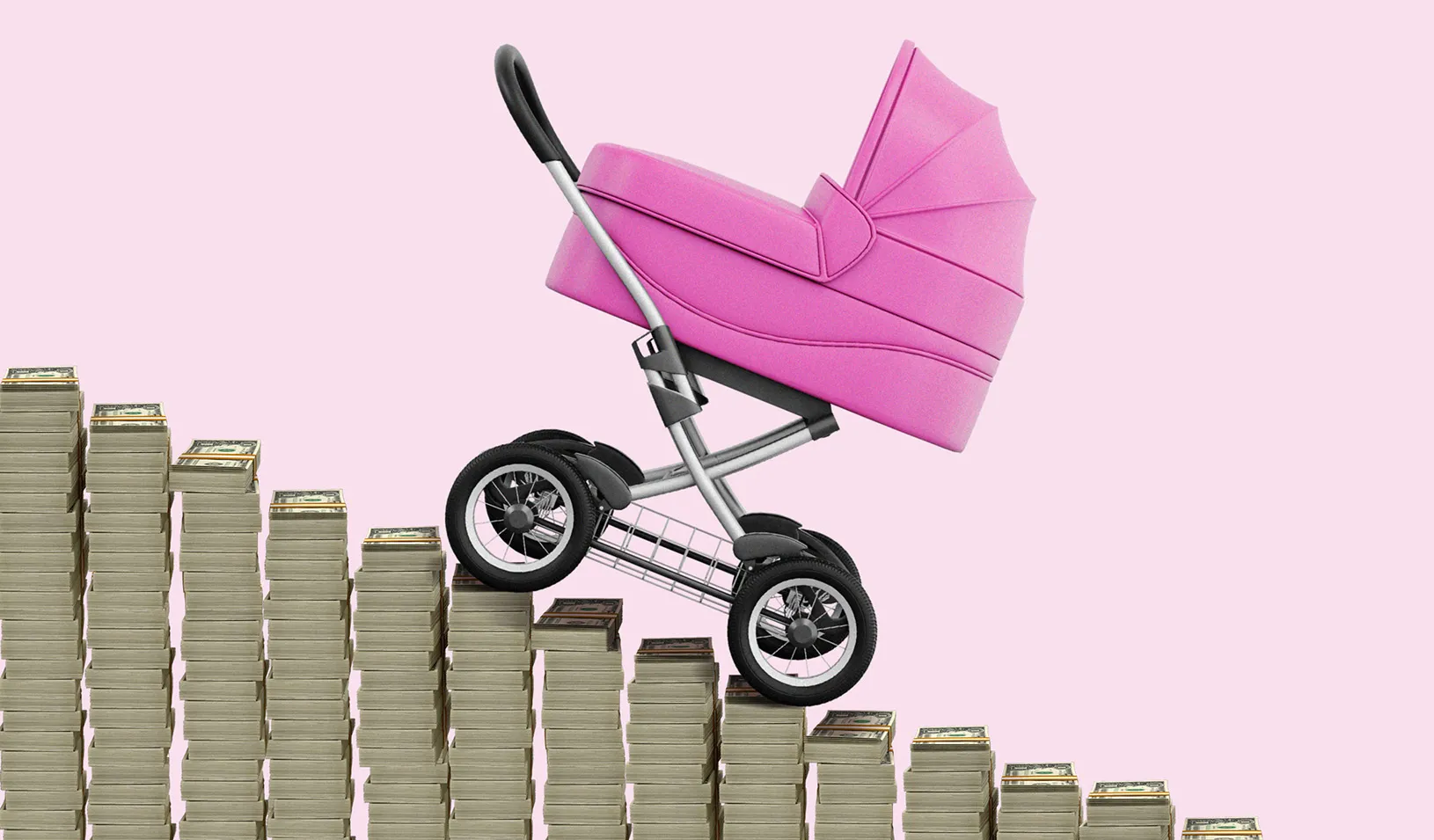December 09, 2022
| by Dave GilsonAt the stroke of midnight on November 21, a newborn somewhere in the world became the eight-billionth person. This milestone came at a demographic turning point: The planet’s population is still expanding, but its growth rate is the lowest it’s been in more than 70 years. If current trends continue, the United Nations predicts that by the early 22nd century, the population will stabilize — and then start to shrink.
The shift to a smaller world would have profound social, political, and ecological implications. It also would force us to rethink our ideas about economic growth, which are built on the expectation that there will always be more people to create new ideas.
“In all those models, we typically assumed there was positive population growth, or maybe zero population growth,” says Charles I. Jones, a professor of economics at Stanford Graduate School of Business and an expert on long-term economic growth. Until recently, many in his field hadn’t thought about the potential consequences of negative population growth. “But the more you look at it,” he says, “the more you realize, ‘Oh, no, this could be a problem.’”
In a new paper, Jones explores two starkly divergent paths for humanity. In a scenario he calls the Expanding Cosmos, the population continues to grow and standards of living keep going up at an exponential rate, much as they did throughout the past century. In the other scenario, the population declines, leaving our descendants with an Empty Planet (a phrase borrowed from a 2019 book of the same name). In this world, living standards will flatline and the number of humans will eventually dwindle to zero.
Jones says he was surprised to find that there is almost no middle ground between these two scenarios. Currently, the average woman gives birth to 2.3 children. That’s down from 5 kids in the 1950s, but still enough to keep the global birth rate above the death rate. Yet if overall fertility dips below 2.1, negative population growth kicks in — and it’s hard to reverse. “When you’re slightly above 2.0 or 2.1 versus slightly below, that’s the difference between the population growing forever and the population shrinking forever,” Jones says.
The idea that a future with fewer people would be less prosperous may seem counterintuitive. Wouldn’t a smaller world mean more resources to go around? Jones explains that people are the most important resource in this equation: People generate ideas, and ideas drive economic growth. Therefore, fewer new people means fewer new ideas, which means less growth and lower living standards.
“People are the key input into producing ideas,” Jones says. “Suppose each person can make one idea a year. If the population’s constant, you always get more ideas and things always get better and better; we get richer and richer. If population growth is negative, the inputs to creating new ideas are shrinking, and that naturally leads the stock of knowledge to stagnate.”
People Who Need People
Ironically, the unprecedented economic growth of the past century is driving the shift toward a smaller population. “As people get richer as economies get more prosperous, it seems like people have fewer and fewer kids,” Jones says. “From an individual family standpoint, that may be totally rational and may be the right thing to do, but the macro implications of that are really profound.” Currently, two-thirds of the world’s population lives in a country where fertility is below the replacement rate of 2 children per woman. (In 2020, the U.S. fertility rate was 1.6.)
Governments could try to jumpstart birth rates by offering people incentives to have more kids. But Jones says this will only work if it’s implemented in time. “It turns out you have to do it soon enough. If you wait too long to do that policy, it doesn’t work,” he says.
If subsidizing babies doesn’t work, could smarter, better-educated people mitigate the economic effects of population decline? Jones is skeptical: “Can the quality of people substitute for the quantity of people in the production of ideas? Basically, the answer’s no. If the number of people is shrinking to zero, it’s hard to imagine that one person with lots of education can make up for a billion people that contain Einstein and Edison and Jennifer Doudna.”
Wouldn’t a planet with fewer people be more environmentally sustainable? Here, too, Jones argues that the innovation that results from having more people will prevail. “The bulk of history suggests that adding more people has made things better rather than worse,” he says. “There’s a little bit of a race there. Historically, the race has been won by the ideas that people create outweighing the problems that people create. That’s partly where the optimism of many economists about adding people comes from.”
Lately, warnings about falling fertility rates have been issued by “pronatalists” such as Elon Musk, who’s declared that “[p]opulation collapse due to low birth rates is a much bigger risk to civilization than global warming.” However, the Empty Planet scenario isn’t quite so dire. “I don’t see that collapse is so much of a problem,” Jones says. “In the model that I look at, we continue to get richer up to a point. It’s not that living standards ever fall; it’s just that they stagnate at some level.”
Jones notes that many unknowns will affect when and how this could unfold, including increases in life expectancy and advances in artificial intelligence. And an economic slowdown would likely occur gradually over many decades. “At least according to my calibration, it’s not right around the corner. But it’s something that you do want to think about — and it could happen.”
For media inquiries, visit the Newsroom.






